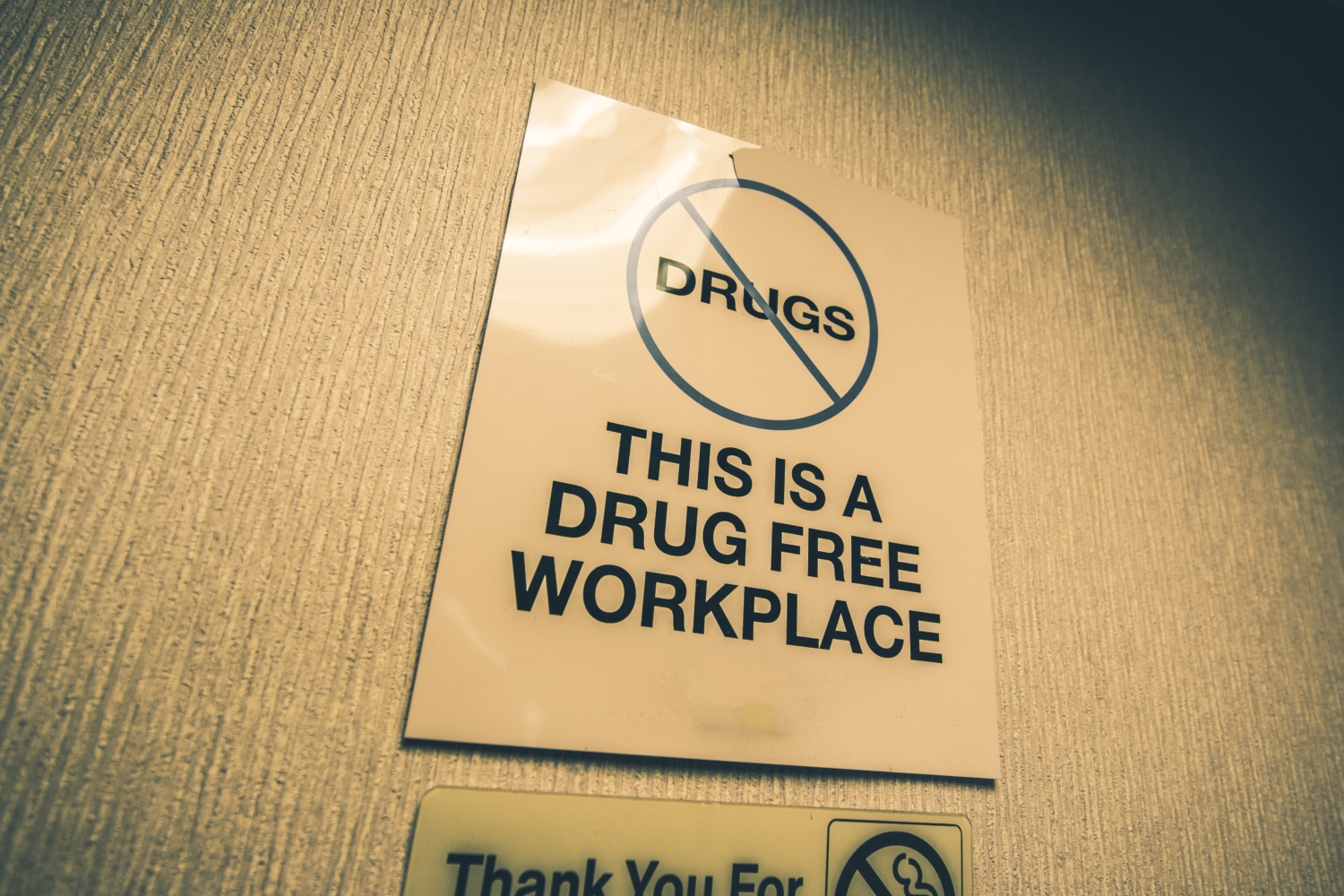Safety-sensitive employees hold jobs across all the DOT modes including: U.S Coast Guard, Federal Aviation Administration, Federal Motor Carrier Safety Administration, Pipeline and Hazardous Materials Safety Administration, Federal Railroad Administration, and Federal Transit Administration. Employers must communicate drug and alcohol policies and regulations to their employees and conduct testing. The goal of testing is to enhance worker productivity and increase safety. Testing due to reasonable suspicion, after an accident, pre-employment, return-to-duty, randomly and follow-up testing are all examples of programs that must be implemented to follow DOT drug testing rules.
Complying with DOT Drug Testing Rules
As an employer it is critical to abide by DOT drug and alcohol regulations. If an employer doesn’t comply with DOT regulations, they’ll be fined per employee. Employers can expect fines of $1,000 or more if they do not implement drug and alcohol programs. Additionally, anticipate penalties if you do not remove employees from their safety-sensitive functions after a failed drug or alcohol test, neglect to test employees after an accident, or if you allow an employee to work without pre-employment testing.
The DOT requires you test safety-sensitive employees for:
- Marijuana (THC)
- Cocaine
- Amphetamines
- Opioids
- Phencyclidine (PCP)
If one of your employees has gotten into an accident while under the influence or failed or refused to take a drug and/or alcohol test, they have likely violated one or more of the DOT drug testing rules.
When an Employee Fails a Drug or Alcohol Test
There is a set process after an employee fails or refuses to take a drug and/or alcohol test. Before they can return to their safety-sensitive duties, the employee has to comply with a return-to-duty process prescribed by a DOT-qualified Substance Abuse Professional (SAP).
Employers must provide their employees a SAP list or referral to a service agent. Unfortunately, most employers don’t have time to keep the list current so they cannot guarantee it only contains DOT-qualified providers. If the employee works with an unqualified SAP for their return-to-duty process, all their work is null and void. They will have to repeat the process.
Discover SAP Referral Services
Thankfully, assistance is available for employers and employees. Partnering with SAP Referral Services makes finding a DOT-qualified SAP easier. We have the resources to connect employees with qualified SAPs in over 3,000 locations across the country. Plus, we guarantee the SAP is DOT-qualified at that time of the employee’s initial contact. For more information about our services, contact us today!
SAP Referral Services (SRS) is the leading facilitator for mandated substance abuse evaluations. SRS maintains an extensive network of qualified providers in more than 3,000 locations nationwide for testing violations that originate from any of the DOT’s modes including FMCSA, FAA, FRA, FTA, USCG and PHMSA, or a company’s internal drug and alcohol testing policy.
